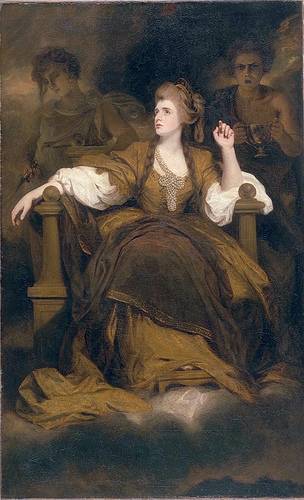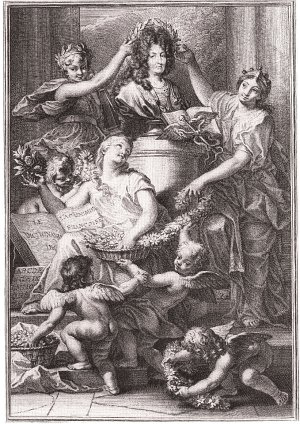In June 1836, congressmen Daniel Jenifer of Maryland and Jesse A. Bynum of North Carolina met on the dueling ground in Bladensburg, Md. Jenifer had denounced Andrew Jackson’s party and refused to retract his statement. The two men stood 10 feet apart, both fired six times, and, amazingly, both missed six times. They called it a draw.
In The Field of Honor, his 1883 history of dueling, Benjamin Cummings Truman records a strange contest between Capt. Raoul de Vere and Col. Barbier-Dufai, of Paris. The two agreed to settle a quarrel by entering a coach with daggers in their right hands and with their left arms tied, and fighting while the coach was driven twice around the Place du Carousel. Both died.
Even stranger: A Spaniard and a German both loved the daughter of Maximilian II, but the emperor did not want to risk their lives in a conventional duel. Instead he promised the girl’s hand to whichever man could wrestle his opponent into a bag.
“The two gentlemen expressed their willingness to engage in even so ridiculous a contest for so superior a prize, and fought in the presence of the whole court, the contest lasting more than an hour, the Spaniard finally yielding, having been put fairly into the bag by the German, Baron Eberhard, who took it and its Castilian contents upon his back, and very gallantly laid them at the feet of the young lady, to whom he was married the following day. This is the only duel or tournament of the kind on record.”
See En Garde!




